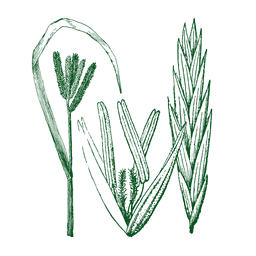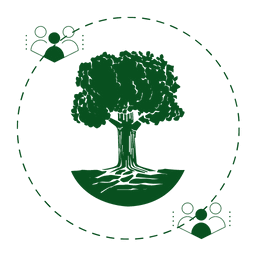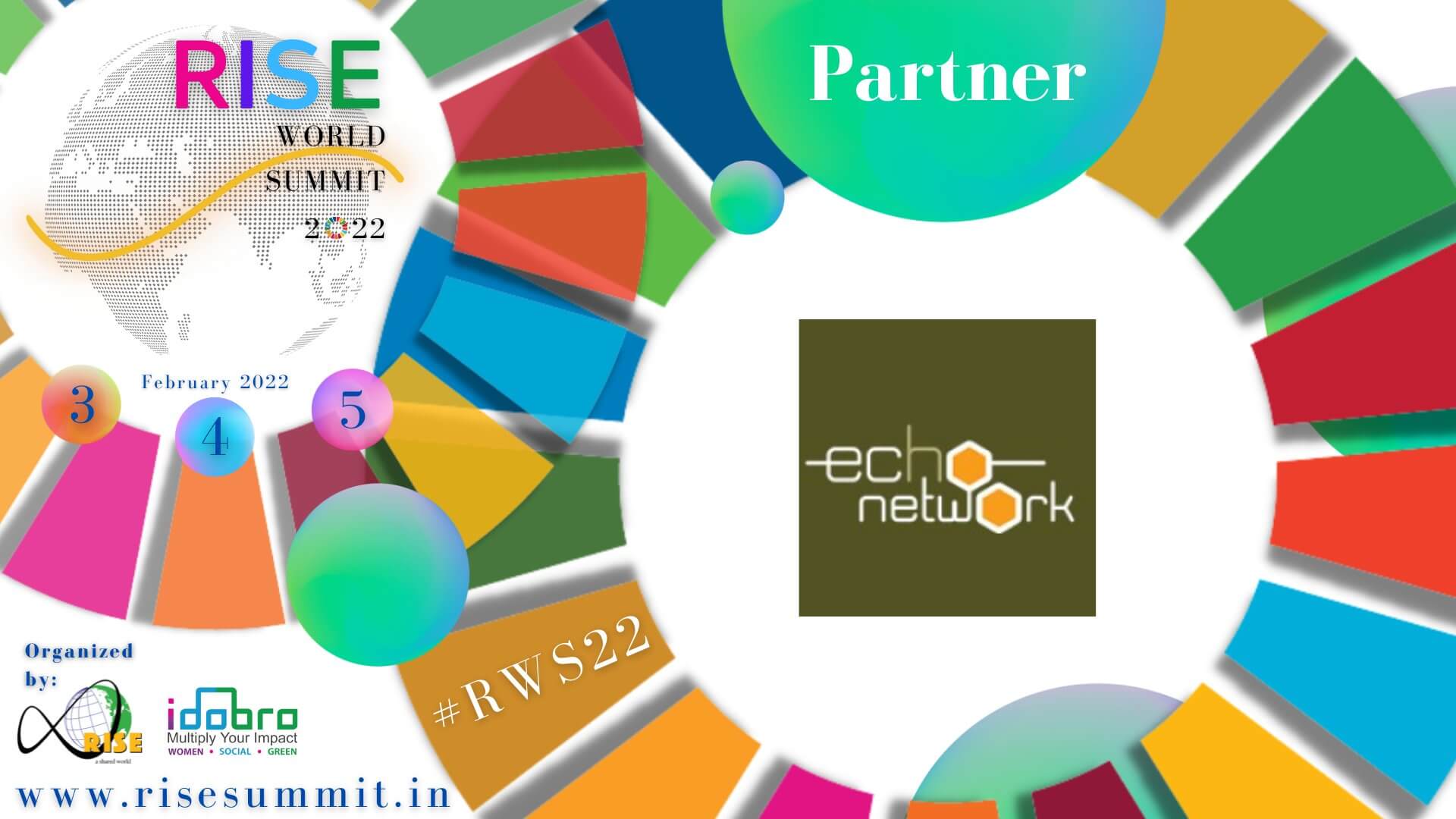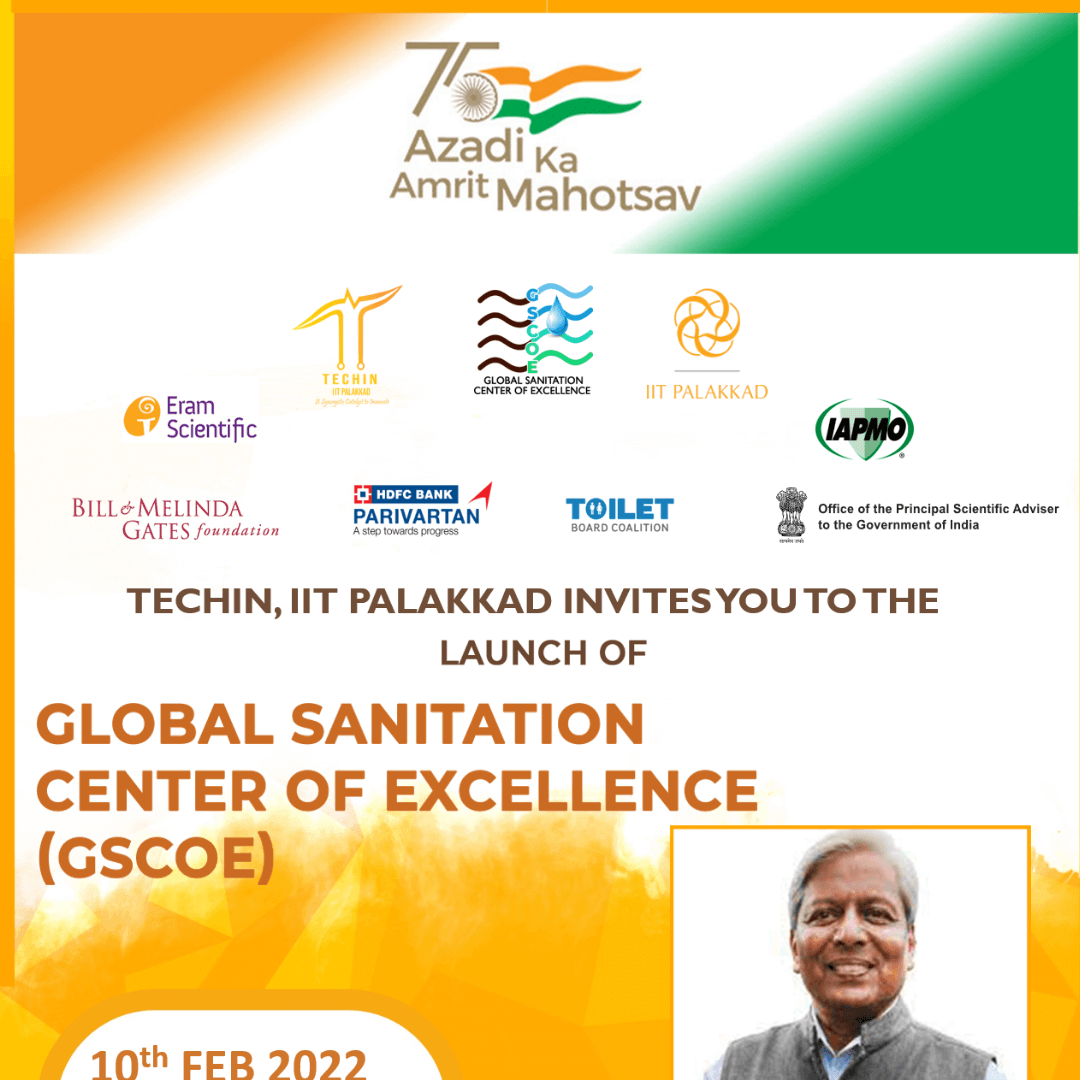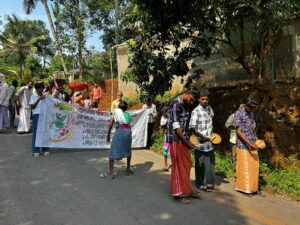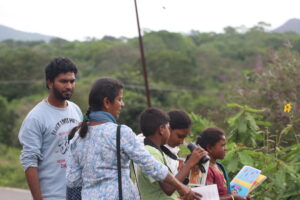
WASH and Environmental Summer Camp to Empower Children in Rural Villages
By Monisha Ravi, Community Wellbeing, Silambarasan S.P., Biodiversity Conservation, and Vidya S., Climate Change Monisha: A successful WASH (Water, Sanitation, and Hygiene) Summer Camp was




